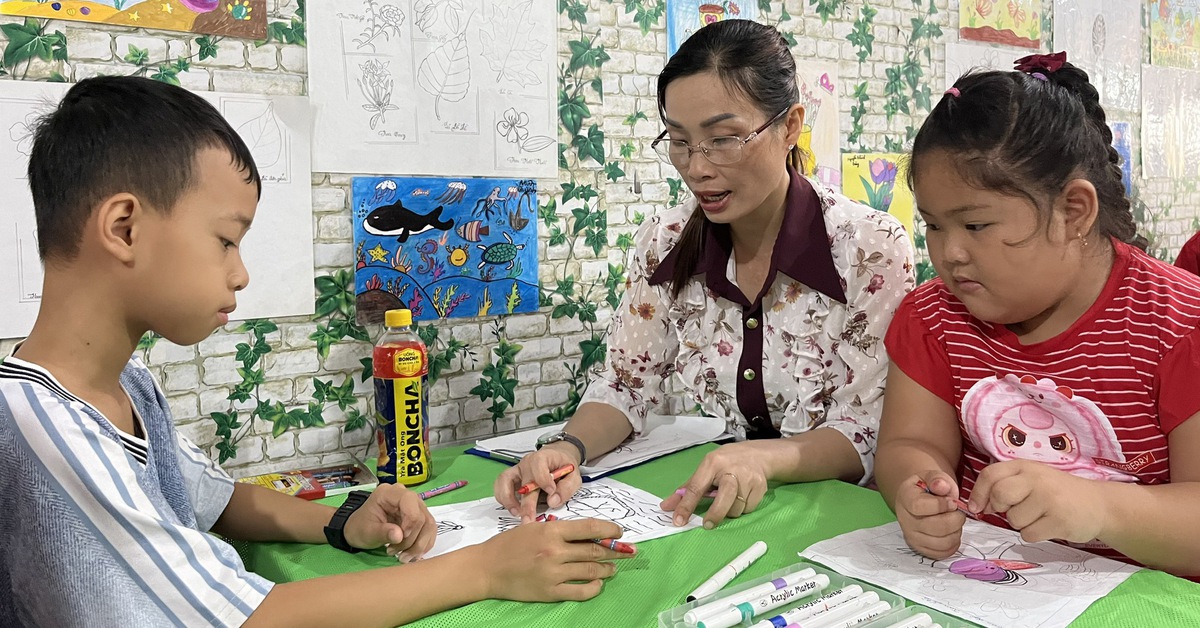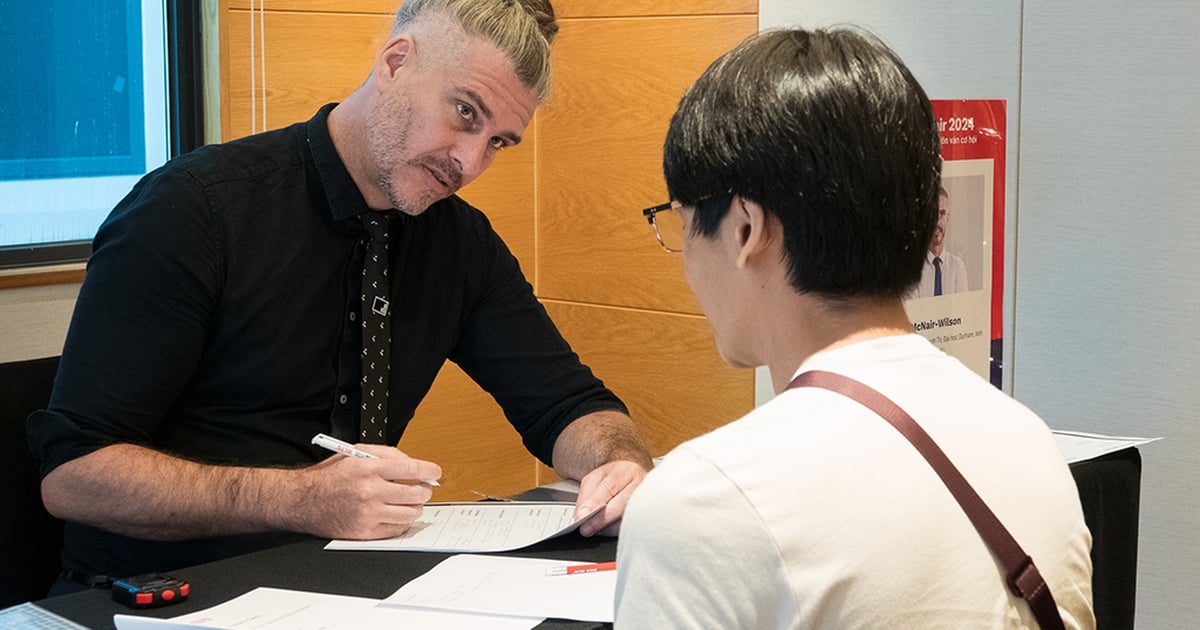In English, "will" is not only used to talk about future activities, but also means testament.
For example: My father left me the car in his will.
To make a will is to " make a will ", or to leave a will is to " leave a will ": She suddenly passed away and did not leave a will.
Inheritance is " inheritance ": He could buy a giant house thanks to the large inheritance from his parents. This word also means inheritance.
When a person receives an inheritance in general, it is said that they " come into one's inheritance ": She came into her inheritance at 20. But if they want to say specifically what property they will receive, the natives use " inherit ": His wife will inherit the land when he dies.
The heir, if male, in English is " heir ": My cousin Daniel is the only heir to my uncle's fortune. The special thing is that the "h" sound in this word is silent, so this word will be pronounced like the word "air".
A female heir is called an " heiress ", where the "h" is also silent. If a person or family has no one to inherit the property, they are called " heirless ".
" Heirloom " is an object that is passed down in a family through many generations, also known as a family heirloom: This necklace is a family heirloom.
When referring to an object or something that is passed down through generations in a family, the common phrase is " pass down ": She will pass her diamond ring down to her daughter.
Choose the most suitable answer to fill in the blank:
Khanh Linh
Source link



![[Photo] General Secretary To Lam attends the 80th Anniversary of the Cultural Sector's Traditional Day](https://vstatic.vietnam.vn/vietnam/resource/IMAGE/2025/8/23/7a88e6b58502490aa153adf8f0eec2b2)

![[Photo] Prime Minister Pham Minh Chinh chairs the meeting of the Government Party Committee Standing Committee](https://vstatic.vietnam.vn/vietnam/resource/IMAGE/2025/8/23/8e94aa3d26424d1ab1528c3e4bbacc45)





























































































Comment (0)